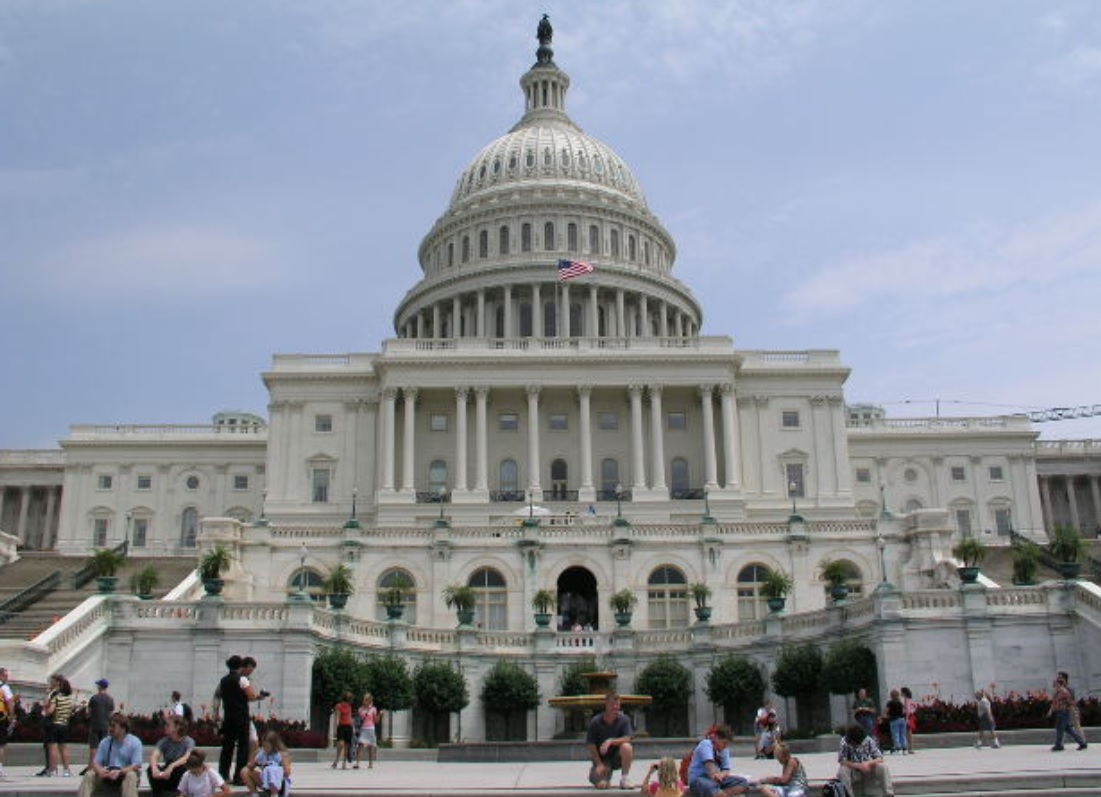Walden advances 11 energy bills
 Gregg Walden Press Release,
Gregg Walden Press Release,
WASHINGTON, D.C. – The House Energy and Commerce Committee, chaired by Rep. Greg Walden (R-Hood River), today moved forward eleven bills to advance the nation’s energy infrastructure and improve energy efficiency. This comes as Walden continues his efforts to streamline the regulatory process and expand hydropower in Oregon.
“When Congress can take steps that allow for more domestic energy output, lower costs for ratepayers, reduced emissions, and more jobs, it should not hesitate to do so. This is especially true if it can be done at little or no cost to taxpayers. That is what we hope to accomplish with today’s slate of bipartisan energy bills,” said Walden. “From measures to facilitate increased generation of clean and affordable hydropower, to wider use of Energy Savings Performance Contracts that cut down on energy use in federal buildings, to programs for reducing energy costs in public schools, these bills all lead us towards the common goal of smarter energy use. These and other projects are also job creators, which is why we also have provisions to update and improve federal job training programs for the energy and manufacturing sectors.”
Legislation advanced in the Energy and Commerce Committee today provides permit timeline flexibility for hydroelectric projects under construction, improve federal building energy and water efficiency and allows for the continuation of various hydroelectric projects. The committee passed the following bills, which will now move to the full House of Representatives for consideration:
H.R. 338, to promote a 21st century energy and manufacturing workforce;
Authored by Energy Subcommittee Ranking Member Bobby Rush (D-IL) and committee member Rep. Richard Hudson (R-NC), would improve education and training for energy and manufacturing-related jobs, with an emphasis on increasing opportunities for women, veterans, and minorities.
H.R. 446, to extend the deadline for commencement of construction of a hydroelectric project and H.R. 447, to extend the deadline for commencement of construction of a hydro electric project;
Authored by committee member Rep. Morgan Griffith (R-VA), H.R. 446 and 447 would extend the licenses for the Gathright and Flannagan Dams, creating jobs and providing affordable, reliable electricity to their respective communities.
H.R. 627, Streamlining Energy Efficiency for Schools Act of 2017;
Would make it easier for schools to take advantage of federal programs to help them cut down on energy use.
H.R. 723, Energy Savings Through Public-Private Partnerships Act of 2017;
Authored by committee members Rep. Adam Kinzinger (R-IL) and Rep. Peter Welch (D-VT), H.R. 723 would facilitate the use of energy savings contracts to encourage private sector investment to upgrade the energy and water efficiency of federal facilities.
H.R. 951, to extend the deadline for commencement of construction of a hydroelectric project;
Would extend the license for the W. Kerr Scott Dam, creating jobs and providing affordable, reliable electricity to the respective community.
H.R. 1109, to amend section 203 of the Federal Power Act;
Authored by committee member Rep. Tim Walberg (R-MI) would amend the Federal Power Act to expressly include a minimum monetary threshold of $10,000,000 for mergers and acquisitions of facilities subject to the jurisdiction of the Federal Energy Regulatory Commission (FERC).
H.R. 2122, to reinstate and extend the deadline for commencement of construction of a hydroelectric project involving the Jennings Randolph Dam;
Authored by Subcommittee on the Environment Vice Chairman David McKinley (R-WV), H.R. 2122 would authorize FERC to extend the time period during which the licensee is required to commence the construction of the Jennings Randolph hydroelectric project. Construction of the project would create jobs and provide affordable, reliable electricity to the respective community.
H.R. 2274, HYdropower Permit Extension (HYPE) Act;
Authored by committee member Rep. Scott Peters (D-CA), H.R. 2274 would allow FERC to extend permits for construction of hydroelectric projects.
H.R. 2292, to extend a project of the Federal Energy Regulatory Commission involving the Cannonsville Dam;
Would extend the license of the Cannonsville hydroelectric project, creating jobs and providing affordable, reliable electricity to the respective community.
H.R. 2457, J. Bennett Johnston Waterway Hydropower Extension Act of 2017;
Would authorize FERC to extend the licenses for the J. Bennett Johnston Waterway projects, creating jobs and providing affordable, reliable electricity to the respective community.
As Chairman of the Energy and Commerce Committee, Walden is hard at work examining ways to tap into Oregon’s plentiful supply of affordable, reliable, and clean hydropower. Walden has led hearings on modernizing hydropower infrastructure in Oregon and across the country, and has heard from local stakeholders in his district about the regulatory challenges facing the industry.
In Oregon, hydropower is the largest source of electricity generation and provides over half of Oregon’s electricity needs. A recent report from the Department of Energy (DOE) also found that hydropower production could grow by almost 50% by year 2050.
Walden sees this potential increase in hydropower production as an opportunity to boost job growth and increase economic investment in Oregon. Congress unanimously passed Walden’s Crooked River Collaborative Water Security and Jobs Act in 2014, which helped pave the way for future hydropower and jobs in central Oregon.
Walden’s committee is also developing additional legislation to simplify and streamline the regulatory process for hydropower development. This legislation will aim to spur the development of new hydroelectric and renewable energy projects, and deliver a diverse energy mix to consumers in Oregon and throughout the country.
Posted: June 12th, 2017 under Uncategorized.

 Subscribe To RSS
Subscribe To RSS